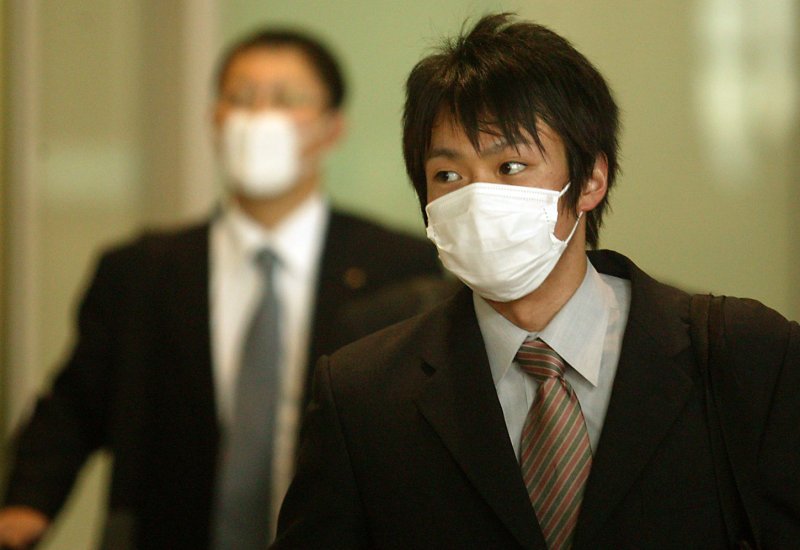GENEVA, Switzerland, May 19 (UPI) -- Forty countries have officially reported 9,830 cases of H1N1 flu, including 79 deaths, the World Health Organization in Geneva, Switzerland, said Tuesday.
The H1N1 flu, formerly known as swine flu, presented mainly mild cases outside the outbreak in Mexico, said Dr. Margaret Chan, WHO director general when addressing the 62nd World Health Assembly in Geneva last week. Mexican health officials blamed H1N1 flu for the deaths of more than 150 people.















